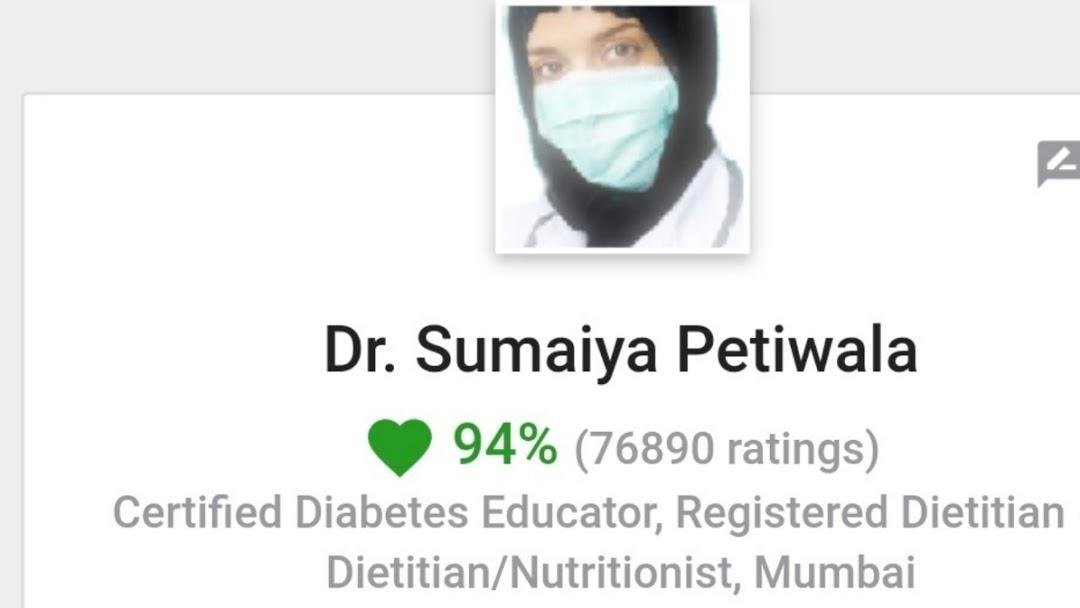Ask a Question or Book Your Consultation
Take the first step towards a healthier you. Fill this form to get started with your personalized nutrition journey.
💫 Success Stories
“I have hypothyroid and had recently gained a lot of weight. Lost 4kgs in one month with Dr.Sumaiya’s diet plan. Her plans are simple and effective and she always reaches out to check if you need any help.” – Payal Joshi
▼

